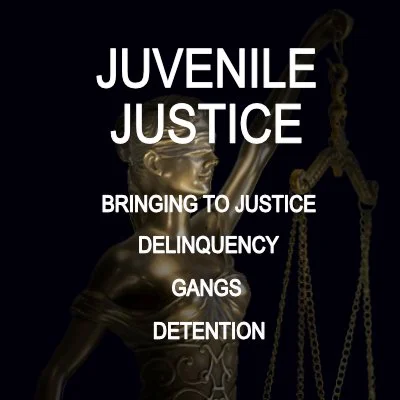By Kathryn N. Stump; Janis B. Kupersmidt
This document reports on a research project with the primary goals of determining whether program practice implementation was associated with youth and match outcomes, and to describe the experiences of mentoring programs as they engaged in the Mentoring Youth for Leadership (MYL) initiative and worked to better align their practices to those described in the Elements of Effective Practice for Mentoring (EEPM). The report provides a description of the sample population, which included a total of 1,413 mentees that participated in the outcome evaluation study, and representatives from 17 Leadership Foundations (LF)-affiliated mentoring programs. Results from the outcome evaluation indicated that program practice implementation was unrelated to youth outcomes and mentee-reported match quality, it was, however, significantly associated with match length. Results also suggested that one-to-one matches from mentoring programs that implemented a larger number of benchmarks from the EEPM had significantly longer matches than from those with fewer than 75 percent of the EEPM benchmarks. Additionally, matches from programs meeting the Recruitment, Matching, and Monitoring and Support Standards had longer matches than those programs that did not implement those Standards. Other results discussed have implications for pre-match training requirements and communication with national parent organizations. The report suggests that improving program practices so that they align with EEPM may result in longer matches and that certain Standards are especially important for fostering longer-term matches among mentors and mentees; and success in implementing the MYL initiative requires consistent support and communication with the national LF parent organization.
Durham, NC: Innovation Research & Training, 2024. 98p.



